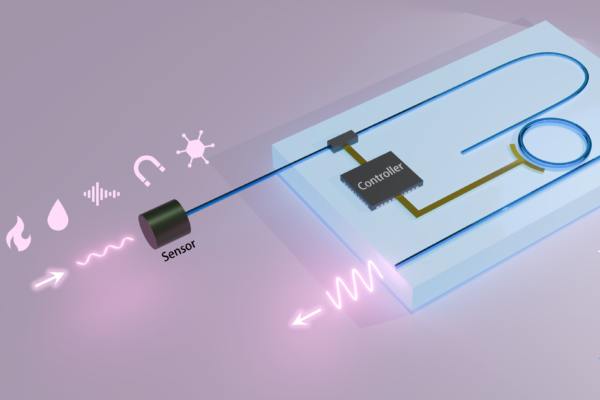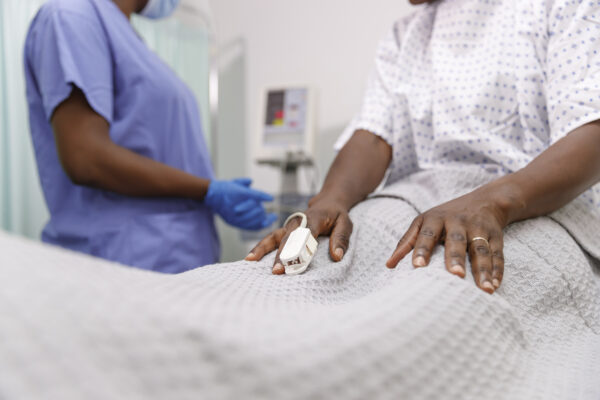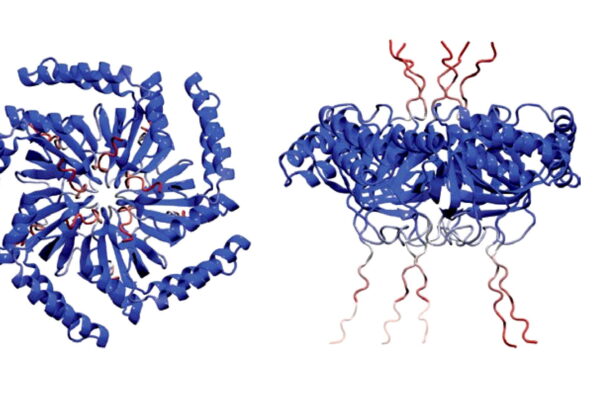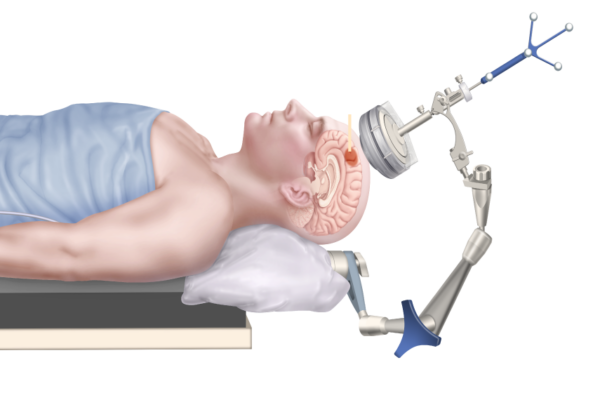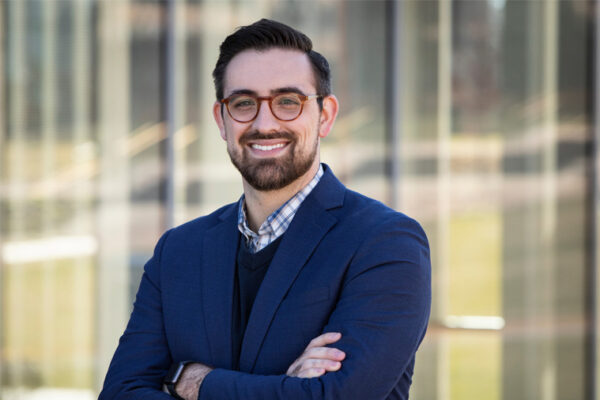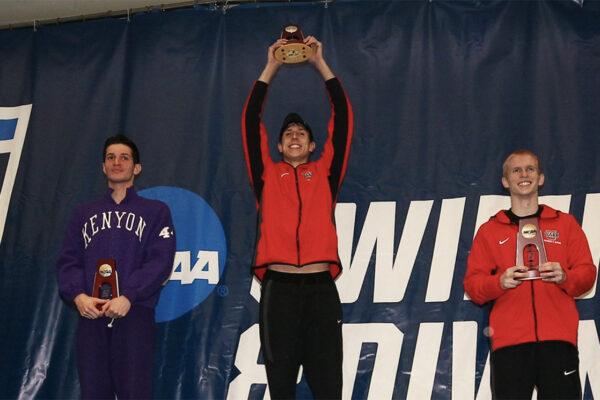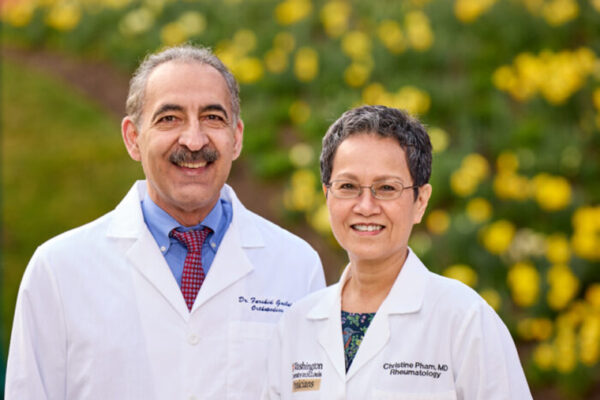Innovative sensing platform unlocks ultrahigh sensitivity in conventional sensors
New research from engineers at Washington University unlocks the power of exceptional points for advanced optical sensing.
Skin pigmentation bias in pulse oximeters to get closer look
Pulse oximeters may provide inaccurate readings in individuals with darker skin so researchers at Washington University are seeking ways to mitigate this potential bias.
Researchers ID protein responsible for gas vesicle clustering in bacteria
Rice University bioengineers and colleagues at Washington University and Duke University identified a protein nanostructure that plays a role in the cellular structure of certain microorganisms, paving the way toward more efficient biotechnological and biomedical applications.
Three juniors selected as Goldwater Scholars
Three WashU students have received the Barry Goldwater Scholarship, a prestigious award that honors students who conduct research in the natural sciences, mathematics and engineering. The winners, all juniors, are Makenna Fluegel, Aidan Li and Sean Wang.
McKelvey Engineering offers graduate certificate in financial engineering
Graduate students in the McKelvey School of Engineering at Washington University now can earn a graduate certificate in financial engineering.
Focused ultrasound technique gets quality assurance protocol
Washington University researcher Hong Chen and her team developed a quality assurance protocol to ensure their guided focused ultrasound device and treatment functions safely and consistently.
Bersi receives CAREER award
Matthew Bersi, at the McKelvey School of Engineering, will use pioneering optics-based mechanical testing and imaging techniques to study the aorta with a five-year $575,000 CAREER award from the National Science Foundation.
WashU swimmer McCormick wins NCAA title for backstroke
Senior Alex McCormick won a national title in the 200 backstroke at the 2024 NCAA Division III Swimming and Diving Championships March 23 in Greensboro, N.C.
Seven faculty inducted as AIMBE fellows
Seven Washington University in St. Louis faculty members have been named fellows of the American Institute for Medical and Biological Engineering, joining 23 existing fellows at Washington University.
Award of up to $31 million supports development of osteoarthritis treatment
A team of Washington University researchers has received an award of up to $31 million from the Advanced Research Projects Agency for Health to develop a single-injection treatment for osteoarthritis that promotes tissue regeneration and restores joints.
View More Stories
